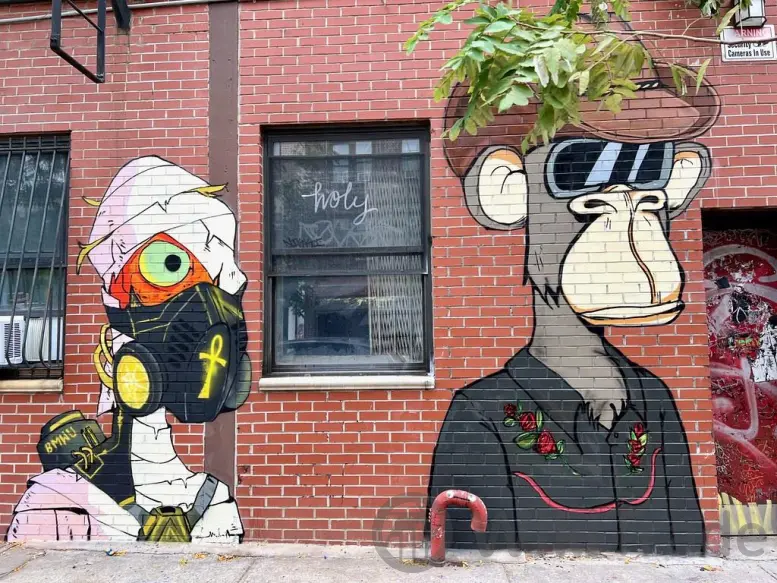NFT Scams for Artists
Abstract: As NFTs have emerged as a groundbreaking way for artists to monetize their digital art, they've also become a target for scammers looking to exploit this new market. This guide provides a clear overview of the common scams artists face, how scammers operate, and practical steps to protect yourself.
Common NFT Scams Targeting Artists
Fake Buyer Scams
Scammers pose as buyers on social media, expressing interest in purchasing your NFTs. They build trust quickly and guide you through a process that ultimately leads to them stealing your money or information.

Minting Scam
Artists are lured to mint their NFTs on obscure platforms with high fees, often controlled by the scammer, who pockets the fees without providing any service.

Customer Service Scam
Fake customer service operations extract sensitive information under the guise of assisting with transactions, using this information to steal from artists.

Overpayment Scam
Scammers send an inflated payment and ask for a refund of the excess. The original payment is later found to be fraudulent, leaving the artist out of pocket.

How Scammers Operate
Scammers initiate contact through social media or email, flattering the artist and expressing urgency to purchase NFTs. They establish trust by claiming to be fans or collectors, then guide the artist through a scam process involving minting, transferring funds, or providing personal information.

Red Flags and Warning Signs
Be wary of offers that seem too good to be true or are urgently pressed. Legitimate buyers won't ask for sensitive information like wallet keys or passwords. Be skeptical of unusual payment methods and poor grammar or spelling in communications, which are common scam signs.
Protecting Yourself from NFT Scams
Always verify the identity of potential buyers, use secure communication channels, and never share your private keys or wallet information. Stay informed about common scams and best practices by joining artist communities and forums.
Real-life Examples and Testimonials
Artists have lost money after minting their art and paying fees, only for the buyer to disappear. Others have had their crypto wallets drained after sending personal information to fake customer service teams.
Legal and Financial Recourse
Report scams to authorities and online platforms to aid in tracking scammers. Contact your bank or financial institution immediately to report fraud and seek legal advice to understand your rights and potential recovery of lost assets.
Resources for Artists
Educational websites, trusted NFT marketplaces like OpenSea and Rarible, and artist support groups are valuable resources. Stay updated on scams and protections by following reputable NFT news and participating in relevant discussions.
FAQs
- Suspect an NFT scam? Report it to the platform and authorities and avoid further engagement.
- Verify a buyer's legitimacy? Research their profile, ask for references, and use secure platforms.
- Secure platforms for selling NFTs? Yes, OpenSea, Rarible, and Foundation offer secure environments.
- Scammed? Report to your financial institution, provide transaction details, and report to local authorities.
- Stay updated on NFT scams? Join artist communities, follow NFT news, and participate in discussions.
By understanding these scams and taking proactive measures, artists can protect themselves and continue to thrive in the NFT market.




Top News
 WikiTrade
WikiTrade WikiTrade
WikiTrade WikiTrade
WikiTrade WikiTrade
WikiTrade WikiTrade
WikiTrade WikiTrade
WikiTrade WikiTrade
WikiTrade WikiTrade
WikiTrade WikiTrade
WikiTrade WikiTrade
WikiTrade


